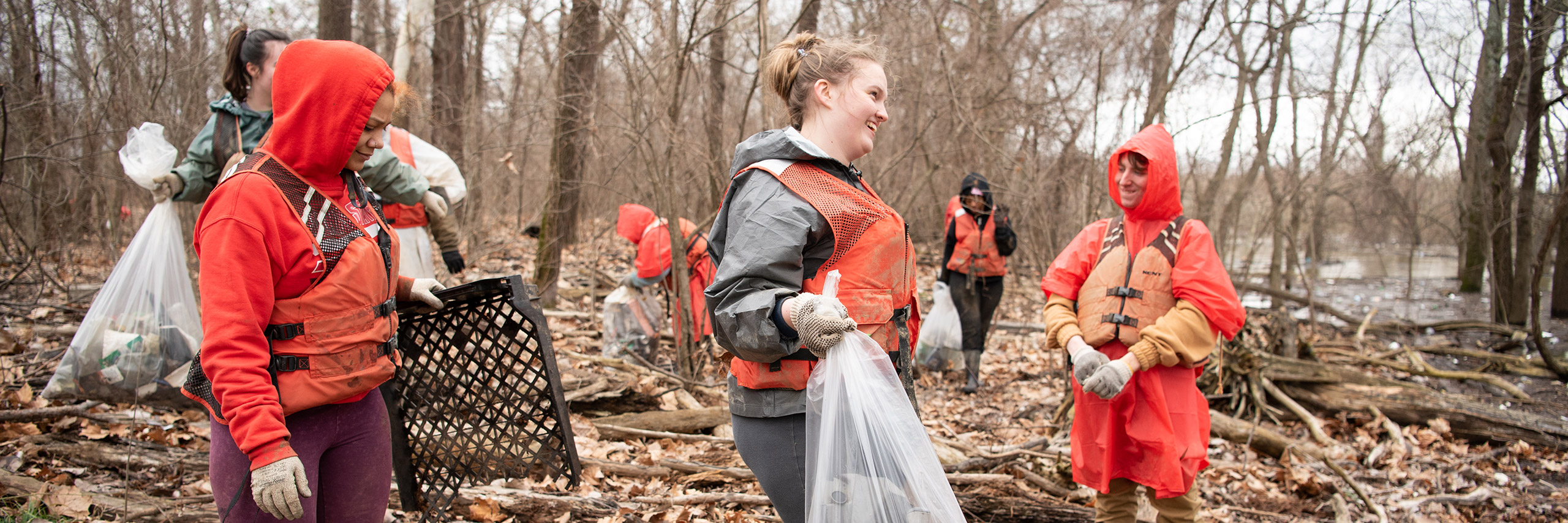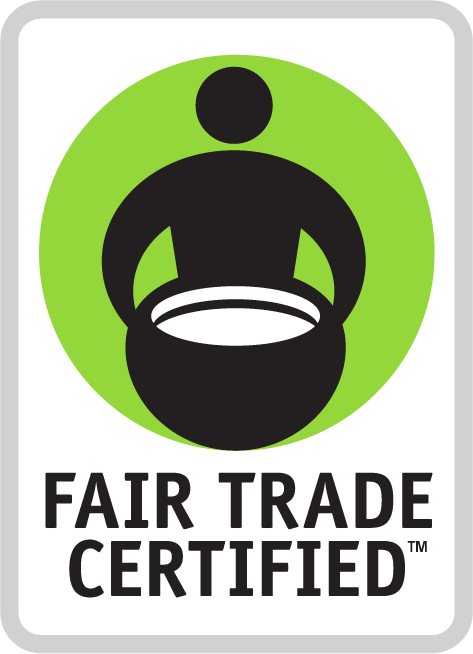
Environmental Justice
We all have the right to exist in an environment that's healthy and clean.
We define environmental justice as the fair treatment and meaningful involvement of all people regardless of race, color, national origin, or income, with respect to the development, implementation, and enforcement of environmental laws, regulations, and policies. This goal will be achieved when everyone enjoys the same degree to protection from environmental and health hazards, and equal access to the decision-making process to have a healthy environment in which to live, learn, and work.
Land Acknowledgement Statement
We aknowledge that Illinois State University was built on the land of multiple native nations. These lands were the traditional birthright of Indigenous people who were forcibly removed and have faced centuries of struggle for the survival and identity in the wake of dispossession and displacement. We would like to acknowledge that our campus sits on the lands that were once home to the Illini, Potawatomi, Sauk, Shawnee, Winnebago, Ioway, Mascouten, Piankashaw, Wea, and Kickapoo Nations. We also express honor to those Indigenous people who we may have excluded in this acknowledgement due to erasure and historical inaccuracy.
We're Active Participants in Environmental Justice
Here's how we're actively pursuing environmental justice at Illinois State.
-
Teaming Up with Partners
We can't go at it alone. We work and collaborate with campus, community, and global partners to bring awareness and expand opportunities to get involved in sustainability programs.
-
Creating an Inclusive Environment
Sustainability programs need to reflect the diversity of our student body and community. We're increasing sustainability participation from underrepresented groups and offering more grant opportunities to make it happen. We also work with activist groups on campus to ensure their goals include an element of sustainability.
-
Redefining Sustainability
The traditional definition of sustainability focuses on how people and the environment exist together. We're taking that many steps further to include environmental stewardship, humanity, diversity and inclusion, wellness, and social justice.
-
Taking Action
Illinois State has a team committed to developing University standards that target environmental justice. We're also part of the Fair Labor Association, a group of universities and organizations dedicated to adhering to and promoting world-wide labor laws.
Fair Trade
Fair trade is a major aspect of environmental justice.

It helps ensure product producers around the world receive a living wage and have safe working conditions. The fair trade network is made up of people dedicated to putting the planet and people first.
When you see a product with the "Fair Trade Certified™" seal, you know it meets rigorous standards that include safe working conditions, environmental protection, sustainable livelihoods, and community development funds.
We believe in source responsibility.
Fair trade is gaining momentum but there's still lots of room for improvement. Here's what we're doing to contribute.
-
Bringing Fair Trade to Campus
We're working to add more fair trade products around campus. Our goal is for the dining centers to prepare food with more fair trade ingredients. We also want items you can grab on the go, such as bananas, coffee, and tea to come from fair trade producers. University-sponsored events will also include fair trade products along with Campus Outlets such as the Landing, Timbers and the ISU Spirit Shop.
-
Teaching Fair Trade
A variety of courses and programs at Illinois State incorporate fair trade into the curriculum. There's also a fair trade study abroad opportunity in Costa Rica.
-
Becoming a Fair Trade Certified University
The Fair Trade Campaign recognizes colleges and universities that make fair trade part of the campus culture. We've already accomplished several goals to achieve recognition. We have a few goals left to receive full certification.
Get Involved in Environmental Justice
Take steps to ensure everyone has access to a safe and healthy environment.
-
Research before you purchase
Read labels, check websites, and look for the fair trade certified label on products.
-
Join a student organization.
Connect with other Redbirds who share your passion.
-
Educate yourself.
Milner Library or any community library has lots of books, documentaries, and other resources dedicated to environmental justice.
There are also classes at Illinois State that focus on environmental justice.